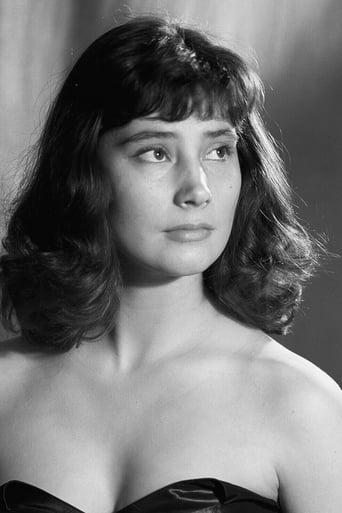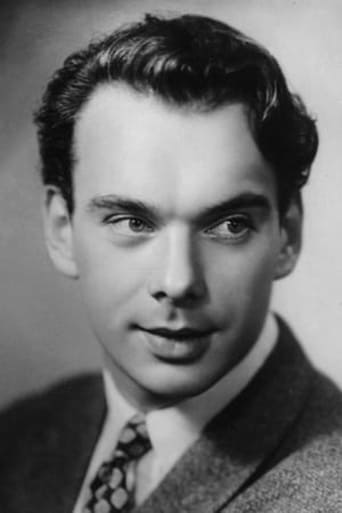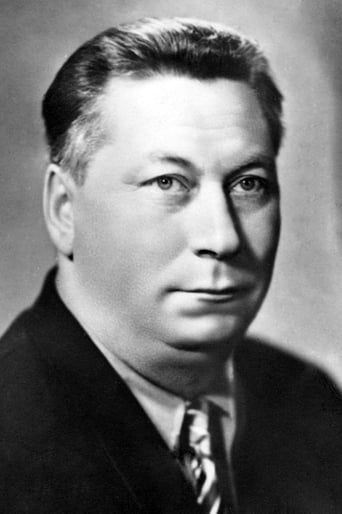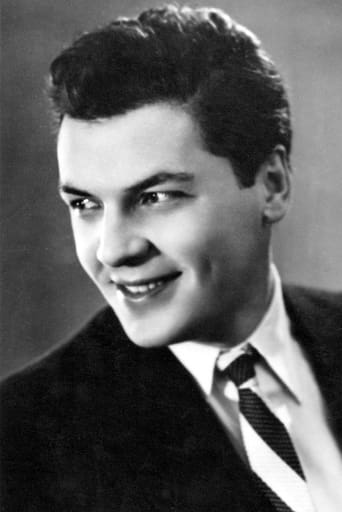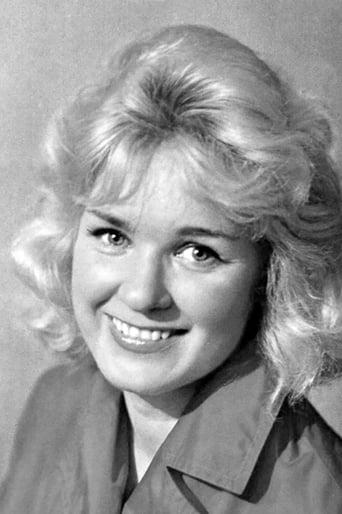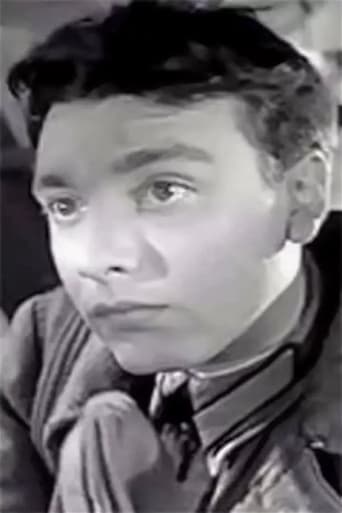Robert J. Maxwell
What a striking picture, especially coming from the Soviet Union in 1957. Some of the shots resemble, oh, I don't know, nouvelle vague. The director was Mikhail Kalatozov. He makes splendid use of light values and composition. The shadows are stark black, and if there are four people involved in a confrontation the figures may be arranged at three different levels on a staircase. The plot is pointed towards patriotism on everyone's part. There is nothing resembling propaganda in this love triangle, any more than there was in the abominable "Pearl Harbor." It's a celebration of the ability of most ordinary people to endure hardship. And that hardship was very real in Russia, from the beginning with the German invasion to the ultimate triumph. First, the Russians had about 8 million deaths in the military, and about 13 million civilians lost their lives. For comparison the total American deaths, both military and civilian, were about 420,000. Moreover, as the Nazi threat to the industrial centers of cities like Moscow and Stalingrad increased, the Soviets packed up both workers and plants and move them across the Ural Mountains. Imagine, say, St. Louis being physically move west of the Rockies.But this is the story basically of a woman, Veronica, whose lover is marched off to war, whose family is killed in an air raid, who moves in with the family of her fiancé, who is raped by her fiancé's brother, who takes up with her rapist, who is sufficiently shamed by her betrayal of her lover at the front that she is barely stopped from committing suicide. Her fiancé is reported to have been wounded and died at the front, but no one has actually seen him buried. Is he still alive somewhere? Evidently not, because Veronica brings an armload of flowers to the train bringing the soldiers home, hoping to find him in the milling crowd. But he's not there. Tearfully she begins distributing flowers, bit by bit, to the noisy celebrants at the station -- bearded old men, young men in uniform, babies, grief-stricken babushkas, little boys, everyone. Well -- what else can she do but recognize that the victory in the Great Patriotic War dwarfs her personal tragedy. "It doesn't take much to see that the problems of three little people don't amount to a hill of beans in this crazy world." Veronika is a decent actress. The casting is especially precise because neither she nor her boyfriend Boris are extraordinarily beautiful. They're agreeable to look at, but rather ordinary. Veronika is not Olga Kurilenko, and Boris is no, well, whatever the male equivalent of Olga Kurilenko might be. There are no speeches about Mother Russia. Stalin's name is never mentioned. He was a complete bastard before and during the war and killed more Russians than the Nazis did. There IS one victory speech at the end. A returning soldier shouts to the crowd that we must never let war happen again and we must pursue peace. The Germans are called "brutes," once, but that's all. The enemy is war itself. The sentiment must be justified because we all seem to salute it as we pass it on the way to the next war.I feel I have to expatiate a bit on the direction and camera work because probably most people watching the movie won't recognize how innovative two Soviet movies were at the time, how much impact they had on the West. In the companion piece, "Ballad of a Soldier," for instance, there is a scene is which a Russian soldier is running towards the elevated camera, sprinting like hell to avoid a German tank that's pursuing him.The camera is held still as the soldier rushes under and past it, disappearing off the screen. When the tank races past the same location, the camera follows the tank by leaning so far forward that the image on the film -- tank chasing man -- is upside down. That's nothing now, of course, when cameras twirl around and do pirouettes, but in 1957 that technique was NEW.
Jevon Dasilva
This is one of the most breathtaking films of all time. Beautifully written, directed and acted. The cinematography is of legend. I cannot think of a more heartbreaking and real view of youth and war. No matter which country you call home, there is no denying the story that this brilliant Russian director conveys on this film.Without getting into the plot or the story, just know that this tale is one for the ages. You will not be disappointed by this film. No matter how many times I watch it, I am always captivated how they made a war movie from the perspective of the characters in the film, and how they managed to convey the complexities of love, life, family, loyalty as well as the harshness of war and how destitute and desperate it leaves not only the characters, but humanity as a whole.
Kirpianuscus
more than a movie, it is a special experience. more than part of a period, it is a form of revelation. for extraordinaries images. for splendid shots. for the simple story. for drama. for the delicacy for present a profound tragedy. for the acting. to see The Cranes are flying is an event. for soul. and for the mind. a travel in time. and rediscover the basic values who defines each life. it is difficult to define it . because it is not only beautiful or seductive, touching or impressive. it is a honest testimony, a kind of window in the Soviet regime's gray reality. a film about love and about war. about innocence. and about survey. about the existence as drawing used the basic colors. see it ! for discover a new frame for your life. and new meanings for every day fights.
Uriah43
This movie begins with two young lovers, "Boris" (Aleksey Batalov) and "Veronika" (Tatyana Samoylova) happily enjoying each other's company in Moscow prior to World War 2. Unfortunately, as fate would have it, their happiness is all too soon shattered when war breaks out and Boris volunteers to go into the army. The film then proceeds to show the hardships of life that Veronika has to endure as her parents are killed in a bombing raid and she goes to live with Boris' family who feel obliged to take her in for his sake. It's at this time that Boris' cousin "Mark" (Aleksandr Shvorin) takes advantage of the situation and Veronika grudgingly marries him afterward. Now rather than reveal any more of this movie and risk spoiling it for those who haven't seen it I will just say that this movie is a rare example of Soviet filmmaking at its best. As a matter of fact, it has the distinction of being the only Soviet film to win the Palm d'Or at the Cannes Film Festival. Additionally, Tatyana Samoylova was also awarded a "Special Mention" at that same event for her performance as well. In short, this is a remarkable movie and I highly recommend it to all of those who appreciate films of this type.


